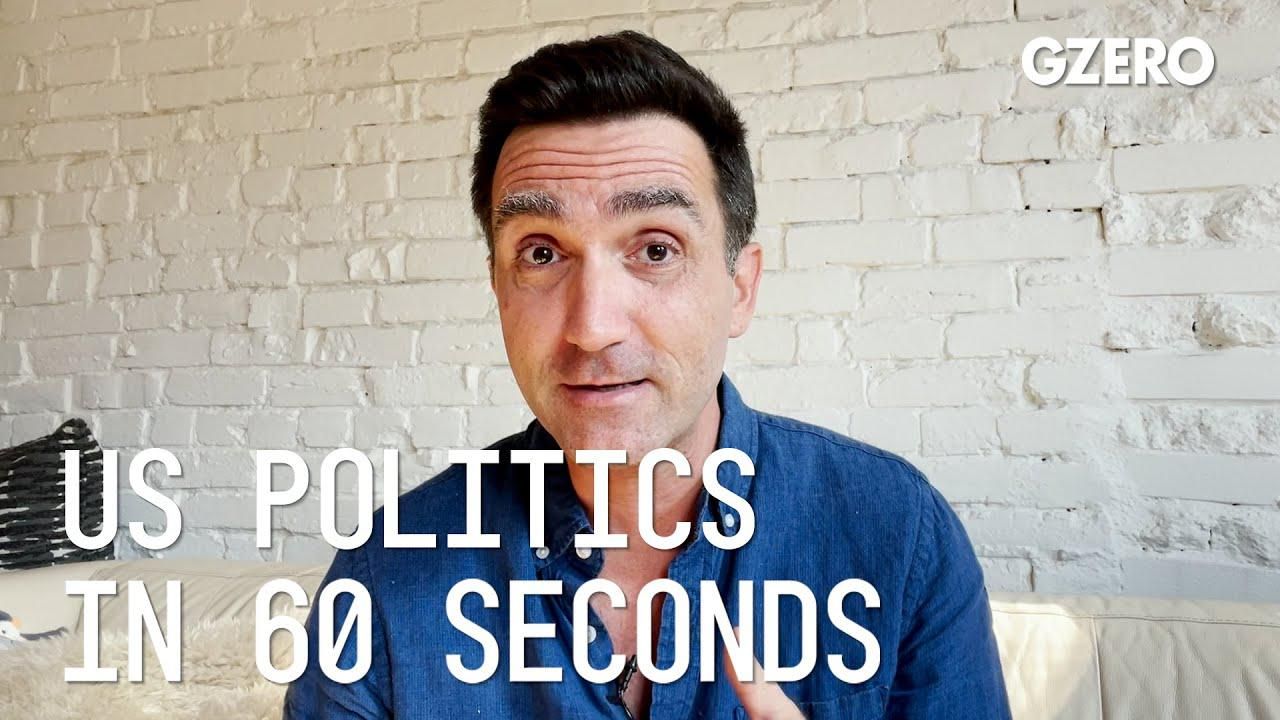
Get insights on the latest news in US politics from Jon Lieber, head of Eurasia Group's coverage of political and policy developments in Washington:
Why can't President Biden order a vaccine mandate for all Americans?
Well, the reason is it's out of his powers. The one of the fundamental challenges in the pandemic is that the federal government has actually been fairly limited in the steps they can take to stop the spread of the virus. So, that's why you've seen President Biden order masks on transit, mass transit, airplanes, and the like. But he can't order masks in workplaces because that's not within his power. That power lies within state governments. State governments and other entities, like employers, can require vaccinations before you come into their buildings, or you come back to school, or you go to work in your office. But the federal government can't do that. What Biden is doing is, allegedly, supposedly going to announce a mandate for federal workers to get vaccinated.
He announced that all healthcare workers at the Veterans administration get vaccinated earlier this week. He could also, in theory, order a vaccine mandate at the military. But the Defense Secretary Austin has suggested he's hesitant to do so until there's full FDA approval of the vaccine. And this is really an ongoing challenge for the president. While he has a lot of ideas about what he wants other people to do, wearing masks and so forth, he can't force them to do it. So, until states pick this up and they probably won't, the vaccine mandates are not going to become a thing and the Delta variant will continue to spread.
Is the Delta variant putting our economy at risk?
The answer is maybe. I think probably the biggest risk to the economy is that people who catch the Delta variant, or people who are scared of catching the Delta variant, don't show up for work. There already are labor shortages across the economy, particularly in the service sector. And if you look around the globe at the supply chains that are heavily integrated into the US economy, Delta variant outbreaks there could mean an increase in shortages of semiconductors or other parts that the US is already short on as the economy roars back to life. Another possible issue is that businesses remain closed because they can't find workers or that parents, don't have child care if their schools close down once again. So, this isn't necessarily going to wreck the US economy or derail the recovery, but it is going to continue to be a drag as long as people are concerned about the spread of the Delta variant.
- The Graphic Truth: Where is COVID raging right now? - GZERO Media ›
- Should government force businesses to require vaccine passes ... ›
- Make the COVID vaccine mandatory - GZERO Media ›
- COVID vaccine mandates are coming; political instability in Tunisia ... ›
- COVID hypocrisy & misinformation - GZERO Media ›
- COVID hypocrisy & misinformation - GZERO Media ›